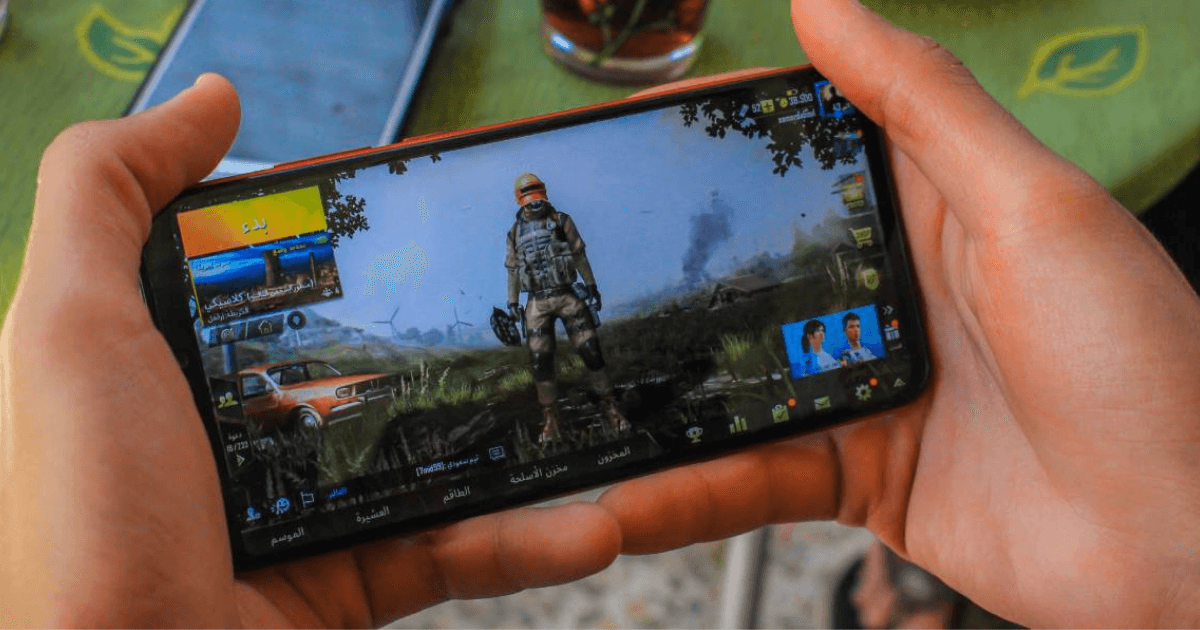Mobile Games Extend Life for Licensed Products

As videogame publishers and developers increasingly churn out mobile versions of their top-selling titles, the lifetime of licensed products is lengthening.
Console titles remain the largest revenue generators and, for the most part, are updated via downloads. In fact, 71% of Take-Two Interactive’s updates were delivered digitally during the recent fourth quarter, up from 68% a year earlier. Mobile games, however, have an advantage in speed to market, faster development cycles, and a potentially broader audience.
For licensing that also means a title, with periodic updates, could be available for five or more years. That could lengthen sales that have traditionally been built around console games, which, like films, are marked by well-publicized launch dates and heavy marketing.
“It’s very different in mobile than it is in the traditional console experience,” said Electronic Arts CEO Andrew Wilson, whose company develops NFL, NHL, and MLB-licensed mobile games as well as its own Apex Legends, Plants vs. Zombies: Heroes, and Battlefield 2042. “With traditional consoles, you can spend two, three, four, and, in some cases, five years in development and there’s an exceptional amount of cost upfront. In mobile, the development cost is lower to get to launch and we are driving significant revenue at the beginning that will continue to deliver a return that builds over the next five years.”
That can mean licensees will be able to secure product placement at retail and online for longer periods of time and work with an evergreen design that can be updated when new content is available.
“There are more people playing mobile games and there is an ability to get in the market, get adoption, and [reach] critical mass in less time than a brand-new console title,” said an executive at an apparel licensee. “There’s an ability to reach more people because everyone has a cell phone, but not everyone has a console or PC dedicated for games. And the ongoing updates to mobile games provide a better opportunity to introduce new characters or elements that could allow for a broader assortment of products.”
That broader assortment of products is chasing a rapidly growing market. The global mobile games business is forecast to hit $94.8 billion this year and increase 11.5% annually through 2026 to reach $139.1 billion. In the U.S., mobile games revenue will reach $20.3 billion this year alone, and China’s market will increase 11.9% annually through 2026 to hit $43.4 billion.
Mobile games—many of which stretch across consoles, PCs, and smartphones—are also at the heart of the competition for sports titles. EA recently ended its 30-year run with FIFA and announced that it will deliver its own title (EA Sports FC) featuring dozens of leagues with localized content in July 2023. For its part, Take-Two Interactive—which delayed the planned 2021 release of NFL Arcade, which would mark its first football title since 2004’s ESPN NFL2K5—hasn’t ruled out making a run for the FIFA license. Take-Two is expected to expand its T2 Mobile Games division with the anticipated close of its acquisition of mobile games publisher Zynga on May 23.
“We’re excited about building out our sports business, but we don’t have much else to say at the moment” regarding a potential FIFA license, Take-Two President Karl Slatoff told analysts in releasing earnings on Monday.




